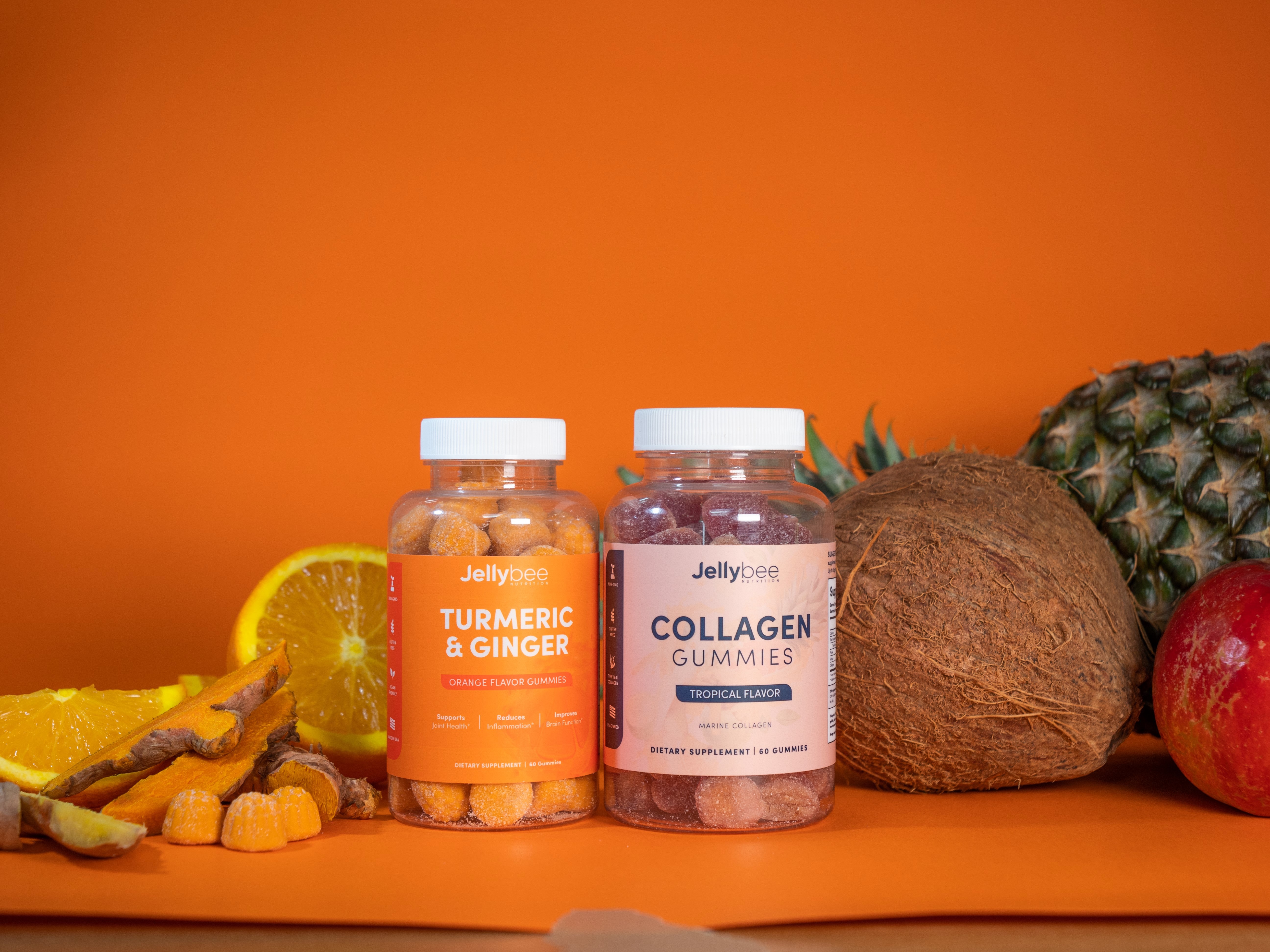Published Date January 24, 2003
Alcohol's effect on your Mental Health
By Arpita Sudev
2 min read
Last update date: January 24, 2012
All about folate, thiamine, mental health and alcohol.

We often reach for an alcoholic beverage to uplift our mood. Maybe, we want to relax, celebrate, or simply forget our day at work. Self-medicating with alcohol can temporarily alleviate feelings of anxiety and depression and the depressant effects of alcohol do lessen the stress response. Your whole body absorbs alcohol, and that really takes its toll on the brain. Alcohol interferes with the brain’s communication pathways and your cerebellum, which helps with coordination, is impacted.
Warning signs that alcohol is affecting your mood include:
• Disturbed sleep
• Lethargy
• Low mood
• Anxiety in situations where you would normally feel comfortable
Research has shown that regular and excessive alcohol consumption can hurt the chemistry of the brain. It can slow down the release of chemicals that are linked to energy levels and good mood (e.g. serotonin) and can speed up the release of other chemicals that have more of a sedative effect (e.g. gamma-Aminobutyric acid or GABA).
Alcohol can also hurt sleep patterns. Excess alcohol intake can impair the body’s usual restorative process that occurs during sleep, by shifting the focus to ridding the body of toxins rather than restoring vital organs and cells. In a vicious cycle, this can affect your mood as studies prove that lack of quality sleep is linked with anxiety and depression.
We also know that poor sleep quality can be linked with unhealthy eating patterns which ultimately result in deteriorating mental health.
Alcohol and the gut
Alcohol in the small intestine can inhibit the absorption of specific vitamins, including folate and thiamine. Alcohol consumption can also drastically increase gut permeability leading to a ‘leaky gut'. This means that toxins and bacteria can pass more freely from the gut into the circulatory system causing inflammation in the body.
Alcohol and mental wellbeing
If taken in moderation certain alcoholic beverages are not harmful to mental health. Light to moderate intake of wine is actually associated with better cognitive performance. As a part of a healthy diet, and when consumed with meals, small amounts of red wine (<200ml/day) can be associated with reduced symptoms of depression according to some studies.
Takeaway
Over time, excessive alcohol intake can lead to mental health problems, such as depression and anxiety. Alcohol abuse can also increase your risk for some cancers as well as severe and potentially permanent brain damage.
Alcohol use can result in cognitive deficits, but several studies have shown that abstinence can reverse much of the physical and cognitive damage caused by heavy drinking if treatment begins in time. Therefore alcohol-dependent people must seek help as soon as possible.
References
- https://foodandmoodcentre.com.au/2018/06/alcohol-and-mental-health-have-less-to-feel-a-lot-better/
- https://www.drinkaware.co.uk/facts/health-effects-of-alcohol/mental-health/alcohol-and-mental-health#:~:text=and%20mental%20health-,Alcohol%20and%20mental%20health,and%20memory%20loss%2C%20to%20suicide.
- https://www.alcoholrehabguide.org/resources/dual-diagnosis/
- https://americanaddictioncenters.org/alcoholism-treatment/mental-effects
Keep reading

Gluten and your health
All about calcium, iron and gluten.
By Arpita Sudev

Are you missing out on your Iron and Folic acid intake?
Folate and folic acid are forms of Vitamin B9. Folic acid is used for preventing and treating low blood levels of folate and high blood levels of homocysteine. 
By Hetvi Shah

Please Stop Juicing Your Vegetables
All about fibre, vitamins, metabolism and fruits and vegetables.
By Naurin Ansari

Health Supplements
A health supplement is a compact form of nutrition you take when the nutrition from food itself cannot suffice the body's needs.
By Hetvi Shah
Choose Healthy With Us.
Know the real truth about your food. Stay informed and healthy, for free.

Download the App Now
Certified nutritionists trust our food recommendations. Safe to say, so can you :)










